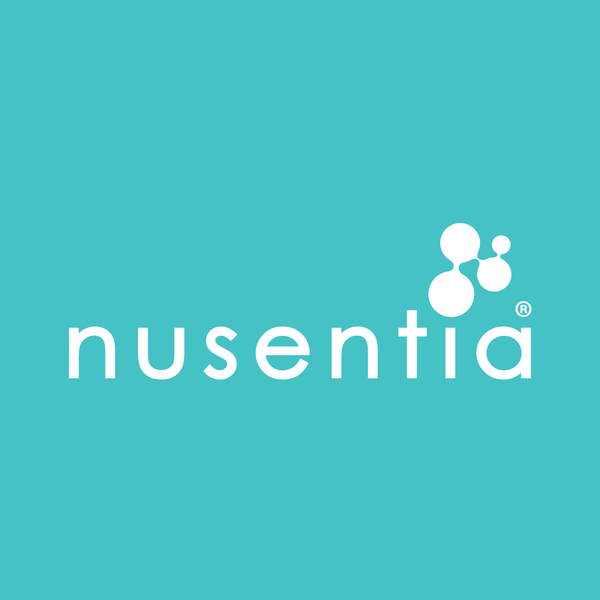15 Common Foods to Avoid Giving Dogs
Avocado
Avocado leaves, seeds, fruit, and bark contain persin, which can cause vomiting and diarrhea in dogs.
Bones From Fish, Poultry, or Other Meat Sources
Can cause obstruction or laceration of the digestive system.
Cat Food
Cat food is generally too high in protein and fats for a dog. A common mistake some dog owners make is feeding puppies cat food. The puppies developing gut and immune system can be negatively affected long term if given cat food. The best way to support a puppies developing gut and immune system is by giving probiotics.
Chocolate, Coffee, Tea, and Other Caffeine
Contain caffeine, theobromine, or theophylline, which can cause vomiting and diarrhea and be toxic to the heart and nervous systems.
Fat trimmings
Puts stress on digestive system and can lead to pancreatitis in the long term.
Raw Fish
Raw fish can be good for dogs, but if fed exclusively, or in high amounts, can result in a thiamine (a B vitamin) deficiency. Symptoms of thiamine deficiency include loss of appetite, seizures, cardiac enlargement, and in severe cases, death.
Grapes, Raisins, Currants
Can damage the kidneys due to an unkown toxin. Be especially aware of products with grape seed extract.
Human Vitamin Supplements Containing Iron
This type of iron for dogs can damage the lining of the digestive system and harm the liver and kidneys. Make sure any dog vitamins you give your dog do not contain iron.
Macadamia Nuts
Macadamia nuts contain an unknown toxin, which can affect the dog's digestive and nervous systems and muscle.
Milk and Dairy
Some adult dogs and cats may develop diarrhea if given large amounts of dairy products.
Mushrooms
Mushrooms can become very toxic to a dog and affect multiple systems in the body, causing shock, and in extreme cases result in death.
Raw Onions
Onions contain sulfoxides and disulfides, which can damage red blood cells and cause anemia. Cats are more susceptible than dogs. Garlic is less toxic than onions, and in smaller amounts, can work as a natural flea repellent for dogs.
Salt
If salt is eaten in large quantities it may lead to electrolyte imbalances in dogs and cats.
Sugar, Sugary Foods
Sugary foods are not necessarily toxic to a dog or cat, but eating too many sugary foods can lead to obesity, dental problems, and possibly diabetes mellitus. It does not take much sugar to negatively affect a dog or a cat.
Table Scraps
Table scraps are not nutritionally balanced. We consider these a big No No for dogs, both for health and good training. They should never be more than 10% of the diet. Fat should be trimmed from meat; bones should not be fed. Also, feeding your dog table scraps will lead to a "beggy" dog.
